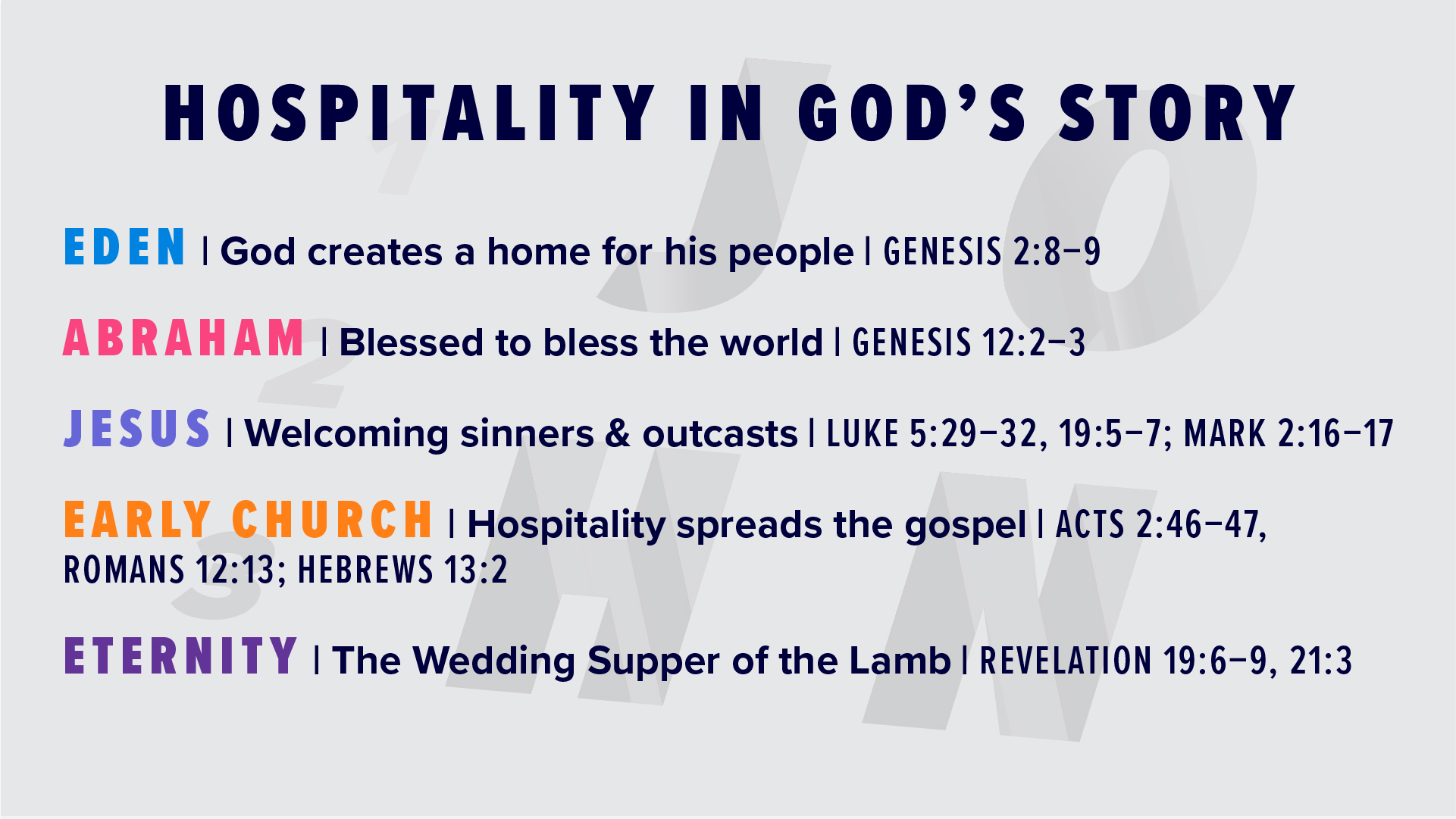Walking in the Truth

We live in a world of instant communication. Texts, DMs, and emails fly back and forth in seconds. If you regret what you typed, you can delete it. It is quick, disposable, and often thoughtless. Letters, however, are different. Letters take time. They linger. You can’t hit backspace once the ink is dry. Letters carry a weight that our modern messages rarely do.
That is why 3 John feels so unique. It is the shortest book in the New Testament by word count, yet it carries enormous significance. Unlike John’s other writings, this isn’t just theology—it is a personal letter. First John was written to many churches. Second John was written to one church. But Third John is written to one man: Gaius. And at the center of this short note are two themes that always belong together—faithfulness and hospitality.
John writes to Gaius like a spiritual father to a son. He calls him beloved, and he celebrates the testimony he has heard: that Gaius is walking in the truth. For John, there is no greater joy than to hear that his spiritual children are living in faithfulness. That alone is a reminder for us: every time we open Scripture, we are reading a personal letter from the God who loves us, preserved so that we would know His truth and His heart.
Faithfulness That Lasts
John highlights Gaius not for being famous, accomplished, or impressive, but for being faithful. Faithfulness isn’t flashy. It doesn’t always make headlines. But it is heaven’s highest honor. In Matthew 25, Jesus tells the parable of the talents, reminding us that the master’s words of approval are not for the rich or the successful, but for the ones who were faithful.
Faithfulness can feel ordinary. It often looks less like fireworks and more like a flame. Fireworks burst into the sky with dazzling color, but then they fade into the night. A flame is steady, quiet, and lasting. It provides warmth and light for as long as it is tended. Gaius’s life was not the brief explosion of a firework but the steady flame of a faithful walk with Jesus.
This matters for us, because when we stand before Christ, He won’t ask whether we were the most impressive, the most accomplished, or the most admired. His question will be: were you faithful? The joy of eternity is hearing the only words that truly matter: “Well done, good and faithful servant.”

Hospitality That Honors God
The faithfulness of Gaius was expressed in how he opened his life to others. John commends him for welcoming fellow believers—even strangers—and sending them on their way “in a manner that honors God.” In the first century, this phrase meant providing food, supplies, prayer, and encouragement for the next stage of someone’s journey. It was far more than being polite. Hospitality was the very way the gospel advanced.
Jesus had told His disciples to take nothing extra when they went out to preach, depending entirely on the hospitality of God’s people. To welcome them was to welcome Christ Himself. To reject them was to reject Christ. The same thread runs through Matthew 25, when Jesus commends those who fed the hungry, welcomed the stranger, and visited the sick and imprisoned. Their hospitality was treated as hospitality to Christ.
That is why John says Gaius is a fellow worker in the truth. Every meal, every bed, every gift of support was partnering with Christ Himself. Faithfulness and hospitality go hand in hand, and together they reveal what we truly believe about Jesus.
But John also warns of the opposite spirit in Diotrephes. He “loved to be first,” refused to welcome others, spread gossip, and even pushed people out of the church. Pride slammed the door where faithfulness would have opened it. The contrast is stark: Gaius welcomed the family of God, while Diotrephes rejected them. John pleads, “Do not imitate what is evil but what is good.”
Finally, John points to Demetrius, a man well spoken of by everyone and most likely the one carrying the letter. Gaius did not just receive ink on parchment—he received a living example of faithfulness at his very door.

The Thread Through the Whole Story
From Genesis to Revelation, God is revealed as a hospitable God. In Eden, He created a home for His people. Through Abraham, He promised blessing for the nations. In the Gospels, Jesus became the truest host, welcoming children, eating with sinners, touching the untouchable, and ultimately laying down His life to welcome us home. The early church carried this forward by breaking bread in homes, caring for the sick, and welcoming strangers. And the story ends in Revelation with the wedding supper of the Lamb—a table prepared, a seat offered, not because of our faithfulness, but because of His.

Faithfulness isn’t flashy. Hospitality is holy. Neither comes easily, but both flow out of the God who has first been faithful to us and has welcomed us through Christ.
So the question becomes: what about you? Will your faith be a firework, bright for a moment and then gone? Or will it be a steady flame, faithful and lasting? Will you close the door in pride, or open it in hospitality?
One day, the words we long to hear will not be about how impressive we were, but how faithful we remained: “Well done, good and faithful servant. Enter into the joy of your Master.”
Message recap adapted from August 31, 2025, message by Minister Alex Ehly
Download Our App
Grow in your faith and build daily habits using our app.





